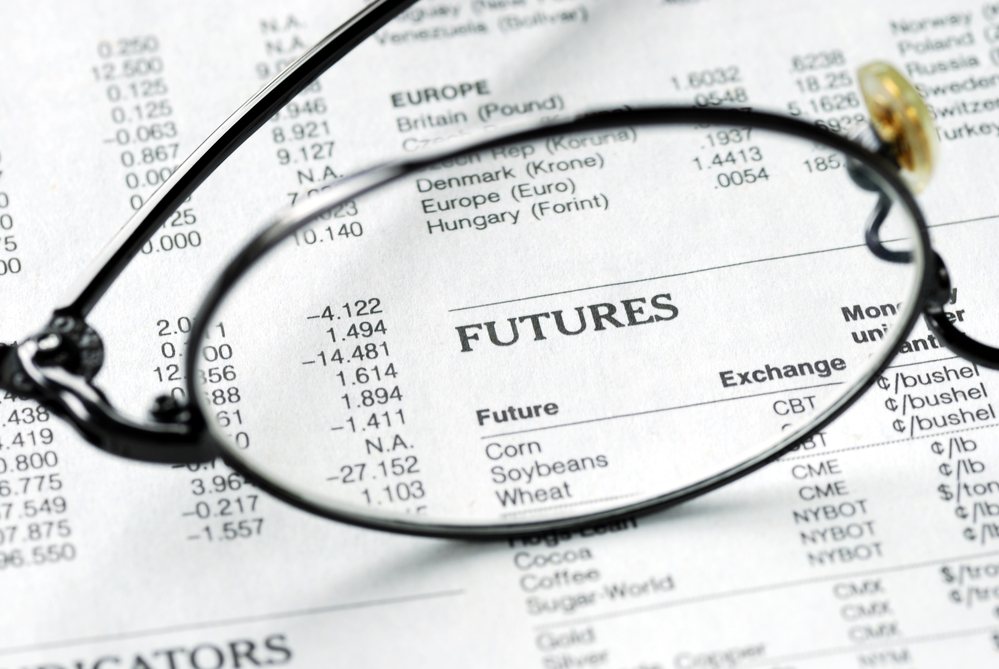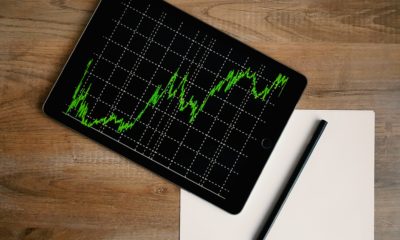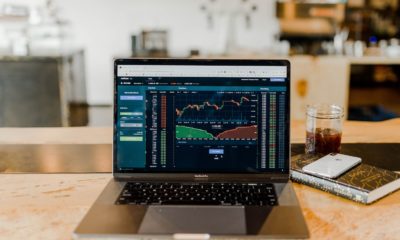Featured
Understanding futures options and contracts
The investing world can be tricky to navigate, so it pays to understand some concepts such as future options and contracts.

What are futures options? For most people, learning about options on futures may be akin to learning a new language. That’s no problem, as the world of investing may be a bit tricky at times. However, if you’re already familiar with options on stocks, then there’s a fair chance that you also have a good knowledge of what future options are.
Much like how the Spanish and Italian languages share the same Latin roots, options on futures share a lot of similarities with those on stocks—save for one major exception. Unlike equity options, which have the stock as its underlying, futures are the underlying instrument of which the options are priced. And as a function of being priced off of futures, it’s critical to understand the differences between futures options and equity options, especially for those who want to make the transition.
The basics
The first thing that may confuse you when first getting into options on futures is that you may not be familiar with a futures contract, which is the underlying instrument upon which options on futures trade.
According to Investopedia, a futures contract is defined as “a legal agreement to buy or sell a particular commodity or asset at a predetermined price at a specified time in the future.” Furthermore, these contracts are standardized for quality and quantity to facilitate trading on a futures exchange. When the futures contract expires, the buyer will be taking on the obligation of buying the underlying asset, while the seller will have the obligation of providing the underlying asset at the contract’s date of expiration.

Unlike futures options where assets can be bought at any point in time, assets in a futures contract have to be purchased or sold within a given time frame. (Source)
Also note that for stock options, the equity is the underlying. Basically, one of the key differences between futures and options is the obligation that they put on their buyers and sellers. While an option gives the buyer the right to buy a particular asset anytime during the life of the contract, futures give the buyer the obligation to purchase a certain asset and the seller to sell that asset at a specific date in the future.
The mechanics of a futures contract
For example, a farmer wants to produce 500 sacks of rice by the end of the year. Assume that the current price of rice is $40 per sack. The farmer can then plant and harvest the rice and sell it at the current market prices a year from today.
Due to various reasons, the price of rice is highly volatile, and it may either go up or down at any time from today. If the farmer thinks the price will be higher within half a year, he or she may still be unsure of the price for now. However, if they think 40 dollars a sack is a fair price, they could lock in a guaranteed sale by way of a futures contract.
Additionally, trading options on futures also require a smaller capital requirement. If an investor doesn’t have the money for a portfolio margin account, that investor can then try options on futures, as these are a less expensive way of trading large indices.
(Featured image via DepositPhotos)

-

 Crypto2 days ago
Crypto2 days agoBitcoin Surges Toward $110K Amid Trade News and Solana ETF Boost
-

 Fintech1 week ago
Fintech1 week agoMuzinich and Nao Partner to Open Private Credit Fund to Retail Investors
-

 Crypto5 days ago
Crypto5 days agoBitcoin Traders on DEXs Brace for Downturn Despite Price Rally
-

 Business2 weeks ago
Business2 weeks agoDebt-Fueled Markets, Zombie Corporations, and the Coming Reckoning

























You must be logged in to post a comment Login